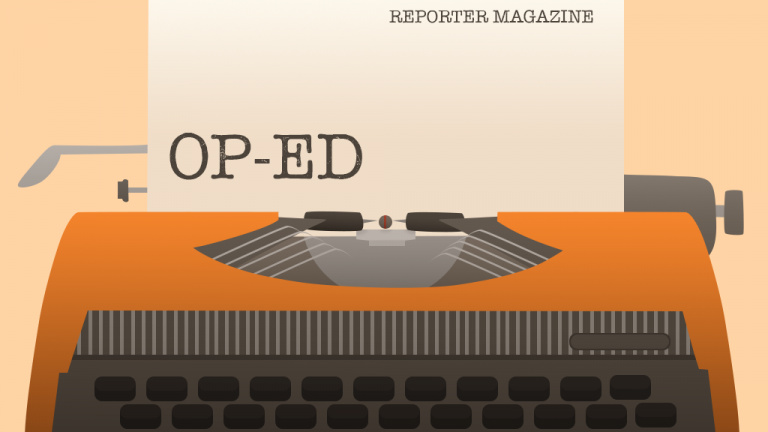Do you ever want to go see a horror film, but you don’t want to get scared by a monster or a serial killer randomly popping up on your screen? Then you should try watching “elevated horror” movies for your new horror fix.
Elevated horror is considered by film critics and audiences to be movies that don't rely too heavily on jump-scares or intense scenes with gore. They are considered to be both emotionally and psychologically disturbing — they traumatize even the most experienced of horror genre fans.
As someone who has been diving into the horror genre for the past few years, I can attest to what this unique genre has to offer. It can leave me up at night questioning what it is that I just watched on my screen.
Elevated horror challenges you at an intellectual level, forcing you to re-examine the darker meanings of your own life and life in general. Some of these films can even have a deeper political or social commentary hidden within the suspenseful scenes, which make you want to connect to what the characters are going through.
For example, the 2019 horror film, “Us,” directed by Jordan Peele, has a deeper meaning about a person’s own “dual identity” hidden within oneself. It dealt with the internal struggles that people go through within their daily lives. “Us” is also meant to be a meta commentary of the United States in current times.
It’s quite the opposite of a “feel good” movie — it’s more like a “feel bad” movie, but something that you can still take away from.
Movies that have been embracing the elevated horror genre have become popular hits on their own. Those movies include Ari Aster’s 2018 film “Hereditary” and Robert Eggers's 2015 film “The Witch.” The best elevated horror films have led to the emergence of a dedicated fandom to the upstart genre.
I first watched “The Witch” years after it was released in theaters. A friend of mine recommended it to me after he saw it and he told me it was quite unsettling. I asked him if there were any jump scares in it and he told me no, but that I would still feel creeped out by it.
So, I decided to watch the film, yet I wasn’t sure what to expect. I thought it would be boring and slow paced, but I was wrong ... so very wrong.
The film managed to be absolutely terrifying, without any jump scares. The way it was filmed with its camera angles and close ups, the musical score and of course its fantastic performances were thrilling. It left me feeling very uncomfortable with it, but in an entertaining kind of way.
In a way, this film completely subverted my own expectations on what I thought it would be.
“The Witch” conveys a message about empowerment through its protagonist, albeit through a dark and twisted lens. At the end of the film, the main character simply accepts her fate and becomes “free,” so to speak, but that is what makes the film engaging to its audiences and also creepy.
There are of course other hit films that can make you feel the way I felt, such as Robert Eggers’s 2019 “The Lighthouse,” Jordan Peele’s 2017 “Get Out,” David Robert Mitchell’s 2014 “It Follows” and Ari Aster’s 2019 “Midsommar.”
Films like these have helped give this unique genre rise to stardom and gained its own fan following.
I believe that is why fans and critics enjoy these types of horror films. They can actually connect with their audiences without having to rely on jump scares to keep them entertained.
You can tell a truly horrifying story that doesn’t involve a supernatural monster or serial killer popping up and violently killing the protagonists just for a cheap fright.
If you want to watch something that could scare you to your core, elevated horror is the way to go.








